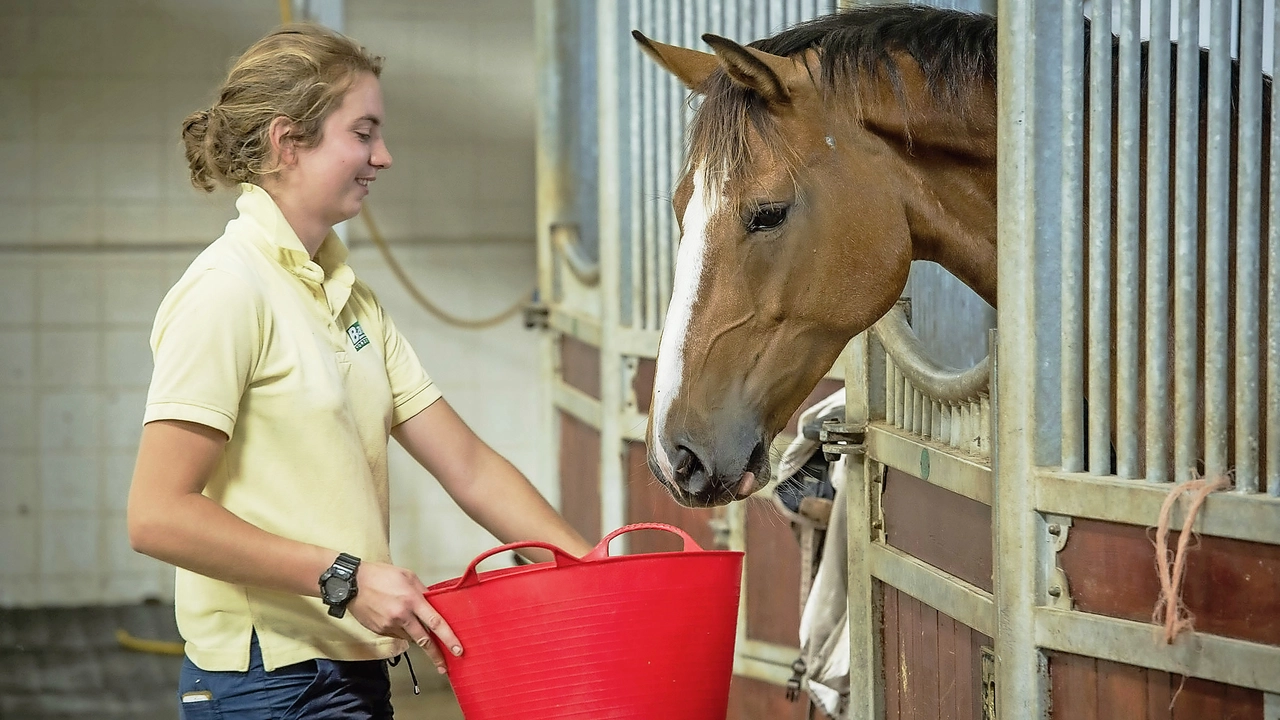Responsibilities Every Horse Rider Needs to Follow
If you love being on a horse, you also need to own the duties that come with it. Riding isn’t just about looking cool in a saddle; it’s about keeping yourself safe, keeping the horse comfortable, and respecting the space around you. Below are the everyday actions that separate a casual rider from a responsible one.
Safety First: Gear and Behavior
The easiest way to stay safe is to wear the right gear. A well‑fitted helmet is non‑negotiable – it can mean the difference between a bruise and a serious injury. Pair that with sturdy boots that have a small heel; they stop your foot from slipping through the stirrup. Long pants, like jodhpurs or jeans, protect your legs from chafing and scratches.
Beyond clothing, watch how you act around the horse. Stay calm, use clear cues, and avoid sudden movements that can spook the animal. When you approach, talk softly and let the horse see you coming. If you’re riding with others, keep a safe distance and never distract a rider who’s in the saddle.
Caring for Your Horse: Daily Duties
Horses are big animals with big needs. Check the tack before every ride – a poorly fitting saddle can cause pressure points and lead to sore backs. Make sure the girth is snug but not tight, and that the stirrups are at the right length for your leg.
Give your horse a quick once‑over after each ride. Brush off sweat and mud, check hooves for stones, and look for any cuts or swelling. Fresh water and a balanced feed are basics you can’t skip; a hydrated horse performs better and stays healthier.
Plan regular vet and farrier visits. Even if your horse looks fine, a yearly check‑up can spot hidden issues early. Tooth checks, vaccinations, and deworming are part of the routine that keeps a horse in top shape.
When you’re not riding, provide a clean, dry stall and enough turnout time. Horses need fresh air and movement to stay mentally sharp. If you keep them alone for long periods, consider a companion horse or a regular handler to avoid boredom.
Respect the environment you ride in. Stay on marked trails, keep noise down, and pick up any litter. Your actions affect wildlife, other riders, and the land itself. A responsible rider leaves nature just as it was found.
Finally, keep learning. Take a lesson with a qualified instructor every once in a while, even if you’re experienced. New techniques, safety updates, and fresh feedback help you grow as a rider and keep the partnership with your horse strong.
By following these simple responsibilities, you’ll enjoy longer, safer rides and build a trusting bond with your horse. Remember, a good rider respects the animal, the gear, and the world around them – it’s that straightforward.

Alright folks, saddle up because we're about to gallop into the exciting world of horse ownership. First off, owning a horse isn't just like having a big, hay-eating dog, it's a full-blown commitment. It's like having a large, majestic, four-legged, hay-munching teenager that requires constant care, attention, and yes, money. You'll need to consider everything from food, shelter, and healthcare, to the emotional needs of your equine buddy. So, if you're ready to dive-hoof-first into this adventure, just remember, it's not a one-gallop show, it's a marathon!
Read more
